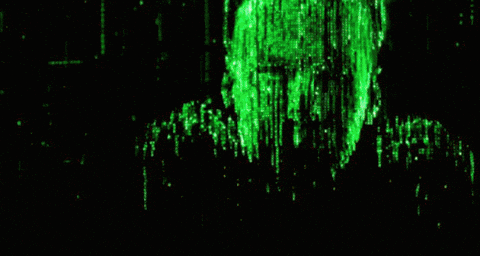In the world of science fiction, few films have had as profound an impact on society as The Matrix. Released in 1999, this groundbreaking film by the Wachowskis explores themes such as reality, identity, and freedom through a dystopian lens that resonates with audiences to this day. One of the most significant social implications of The Matrix is its portrayal of technology's potential for manipulation and control. In the movie, humans are unknowingly plugged into a simulated world created by sentient machines as an energy source. This raises questions about our reliance on digital technologies and how they can be used to exploit us without our knowledge or consent.
Another important social implication of The Matrix is its exploration of individualism versus conformity. Throughout the film, characters grapple with their identities within this artificial reality - some choosing to embrace it while others fight against it. This reflects real-world debates about personal autonomy and societal expectations, highlighting that our choices can have far-reaching consequences on both an individual level and for society as a whole.
Lastly, The Matrix challenges viewers to consider the nature of truth itself. With characters questioning whether what they see is truly real or just another illusion created by powerful forces beyond their control, it raises questions about perception, belief systems, and the power dynamics at play in our own world. By forcing us to confront these complex issues, The Matrix serves as a thought-provoking exploration of some of society's most pressing concerns.
